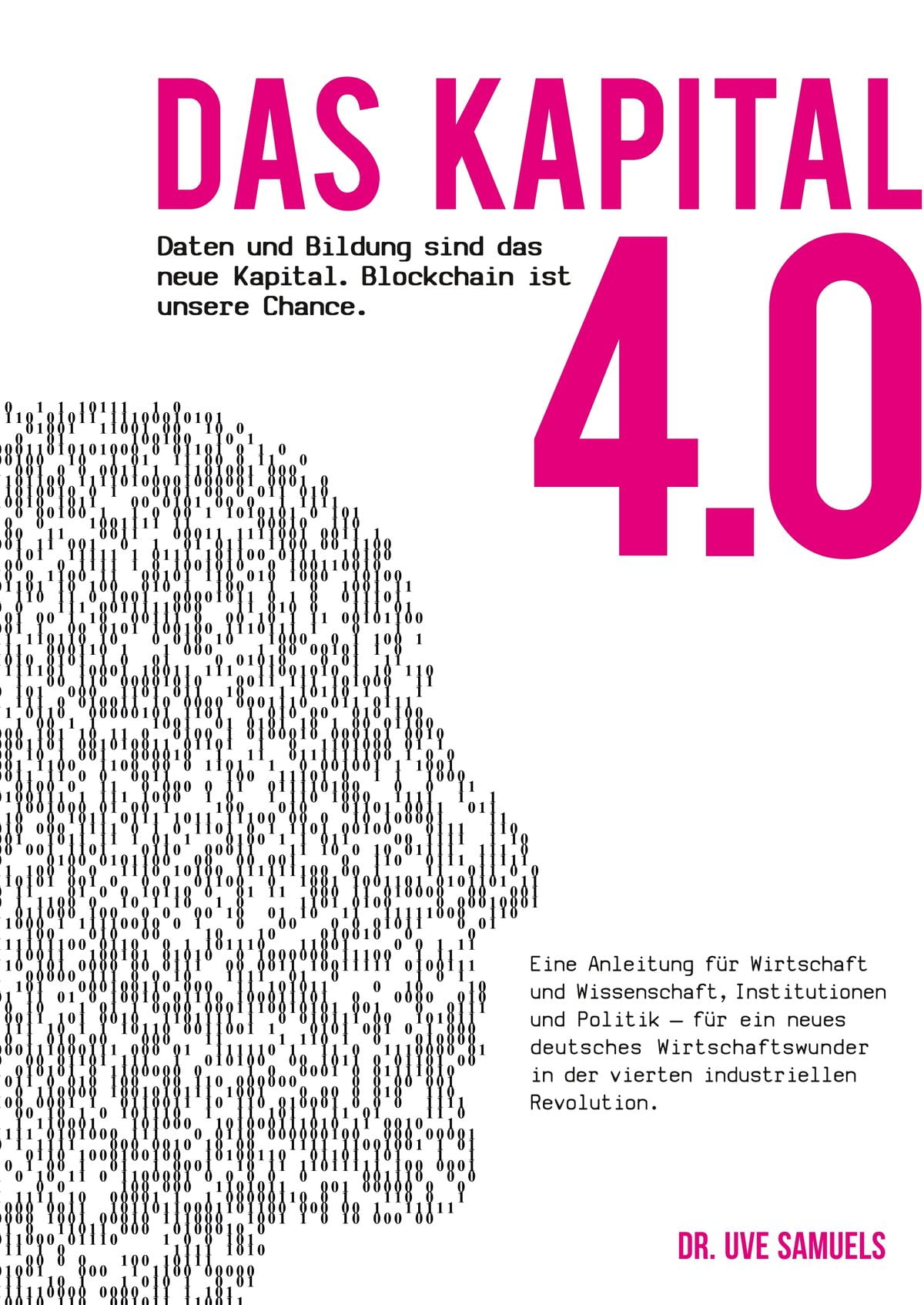

Parts Four, Five, and Six discuss how workers struggle with capital owners over control of the surplus value they produce, punctuated with examples of the horrors of wage slavery. However for Marx, not only does the extraction of surplus value motivate economic growth, it is also the source of class conflict between workers and the owners of capital. Marx argues that the relations of production specific to capitalism allow capital owners to accumulate more relative surplus value by material improvements to the means of production, thus driving the industrial revolution.

Starting with the next three parts, the focus of Volume I shifts to surplus value (the value of a finished commodity minus the cost of production), which he divides into absolute and relative forms. In these sections, Marx defends and expands upon the labor theory of value as advanced by Adam Smith and David Ricardo. The first two parts of the work deal with the fundamentals of classical economics, including the nature of value, money, and commodities. It focuses on the aspect of capitalism that Marx refers to as the capitalist mode of production, or the way in which capitalism organizes society to produce goods and services. First published on 14 September 1867, Volume I was the product of a decade of research and redrafting, and is the only part of Das Kapital to be completed during Marx's life. Buch I: Der Produktionsprocess des Kapitals) is the first of three treatises that make up Das Kapital, a critique of political economy by the German philosopher and economist Karl Marx. Kritik der politischen Ökonomie Erster Band. Volume I: The Process of Production of Capital ( German: Das Kapital. Volume I: The Process of Production of Capital at WikisourceĬapital.


 0 kommentar(er)
0 kommentar(er)
